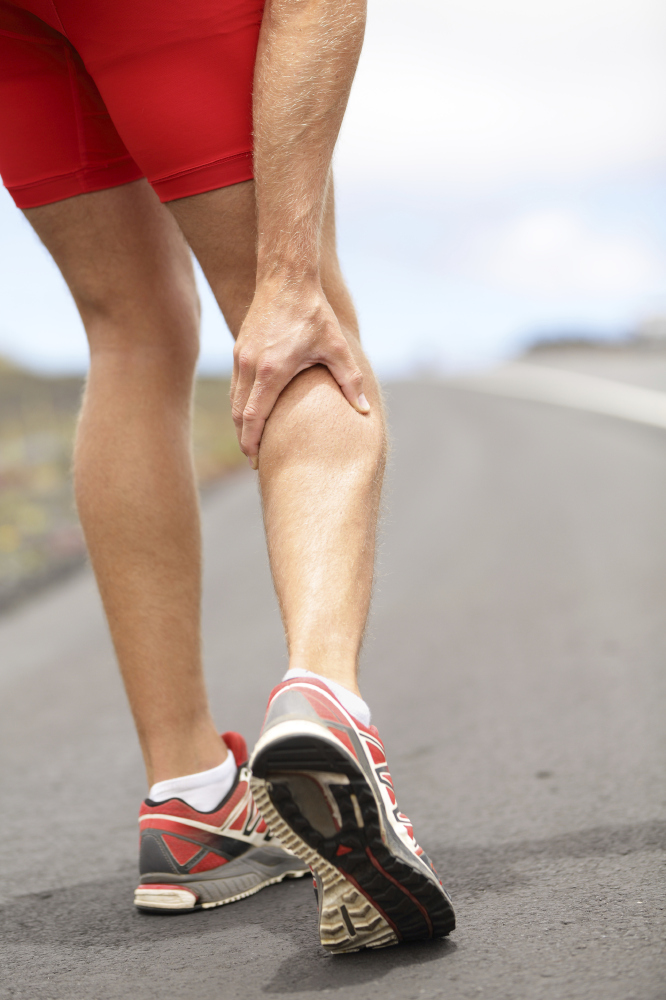
Pulled muscles are an excuse for work sickies found research
More than seven million workers have thrown a sickie after pulling a muscle doing exercise - with men being the biggest culprits, according to new research.
These exercise-related injuries cost the UK economy an eye-watering £14 billion a year through time off work.
Experts say the amount of sickies thrown because of exercise-induced injuries could escalate following the Commonwealth Games in Glasgow as Brits in normally sedentary jobs try to copy athletes.
One in four of the 30 million UK workforce confessed to taking time off work because of a painful pulled muscle or tendon, according to research by thermotherapy and pain relief experts Deep Heat and Deep Freeze.
More than one in two people who took time off because of an exercise related injury were laid up for as long as three days, while one in five said they were housebound for a week or more.
Men were more inclined to cave in and call in sick with almost a third taking time off compared to one in five women. Younger workers phoned in sick more frequently, with 29 per cent of those aged 30 to 40 in employment taking time off due to muscle strain, compared to just one in six of the 61 to 70 age group and a quarter of the 51-60 year olds.
Perhaps surprisingly, the research by muscle health experts Deep Heat, found those with the most physical jobs were four times more likely to phone in sick with pulled muscles or tendons than their sedentary colleagues.
Workers in non-sedentary jobs were most likely to come to grief, with one in eight taking time off on three or more occasions, compared to just three per cent of those who described themselves as having inactive jobs.
Personal fitness trainer Toby Garbett said: "What is really shocking is that a lot of this pain is probably preventable as people can head off many muscle injuries by warming up properly before engaging in any strenuous sport or activity.
“A study in the British Medical Journal found that a structured warm-up reduces the risk of injury by a third and cuts the odds of severe injuries by as much as 50 per cent. That means that something as simple as stretching and warming up before a workout could save the economy billions of pounds a year.
He added: "The benefits of hot and cold therapies to treat muscle pain, such as the Deep Heat and Deep Freeze range, are huge. In my view, thermotherapy should be an essential part of any warm-up routine."
The NHS advises warming up for a minimum of six minutes before exercising, but one in five of the 2,000 people surveyed said they never put in the effort and a similar number said they didn’t have time or could manage only a couple of quick stretches.
Just six per cent warmed up for the recommended six minutes or more, said the research.
Mr Garbett added: "It may be that the younger age group is simply more active, but they may also be more inclined to try new activities and underestimate the impact and strain of any new work-out or sport.
"The survey suggests that the younger age group is more faddy about fitness, with one in three of younger people giving up on an exercise or sport - almost three times the number in older groups."
Tagged in exercise fitness tips

